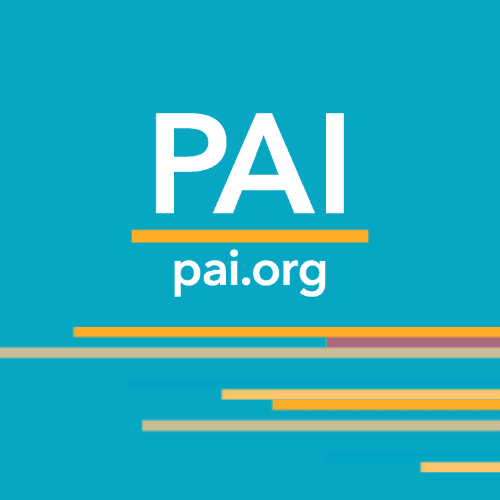Resilience Through Partnership: PAI’s 2025 Year in Review

Of the 8.1 billion people living today, 4.5 billion (55.8%) are under the age of 35. This large youth population is disproportionately located in the Global South, with the youngest and fastest- growing populations located in Sub-Saharan Africa (SSA) where 70% of the population is under 30. As these populations continue to grow, substantial gaps remain in meeting the sexual and reproductive health (SRH) needs of adolescents and youth. According to UNICEF, only one in two adolescent girls (aged 15 to 19) worldwide had their needs for modern family planning methods met. In West and Central Africa, the percentage falls to only one in four girls.
While there has been global progress in reducing adolescent birth rates, the two regions with the highest rates (SSA; Latin America and the Caribbean) also experienced the smallest reductions, resulting in 97.9 and 51.4 births per 1000 girls, respectively, in 2023.
In addition, adolescents often face significant discrimination when accessing reproductive health services, which undermines their rights and well-being. This discrimination can manifest variously in judgmental attitudes from healthcare providers, restrictive laws requiring parental consent, and societal stigma surrounding adolescent sexual activity. Cultural norms and lack of confidentiality further exacerbate the problem, making adolescents feel unwelcome and unsafe in healthcare settings. Evidence-based, high-impact practices to address these issues include comprehensive sexual education, policy reform, and the sensitization of healthcare workers to creating an inclusive and supportive environment for all adolescents.
At the same time, the Global South is also disproportionately affected by malnutrition, with more than 30% of children under five experiencing stunting across the countries of SSA and South Asia, most of which are GFF partner countries. These shocking statistics reflect the enormous challenges facing youth across the sexual, reproductive, maternal, neonatal, child, adolescent health and nutrition (RMNCAH-N) landscape.
Positive change is underway. The development of the United Nations Sustainable Development Goals and global health initiatives related to SRH among young people have led to an unprecedented mobilization of youth at all levels. This includes initiatives from the GFF, a country-led partnership hosted at the World Bank that aims to advance the health and rights of women, children, and adolescents.
The global community increasingly recognizes the unique value of involving young people in the design and implementation of adolescent and youth sexual and reproductive health and rights (SRHR) solutions. For one thing, directly involving young people ensures that related laws, policies, programs, and services are contextually responsive and appropriate. This is because youth bring innovative approaches and critical data about real-world youth needs and preferences and are essential to identifying where there are gaps in services or barriers to access. Youth are also critical to tracking progress on policy implementation to ensure investments reach young people themselves. This collaborative approach enhances the responsiveness and appropriateness of initiatives, ensuring they meet the real needs of young people, and fosters a more inclusive and effective policy development process overall.
In the GFF’s multi-stakeholder approach, youth engagement is essential for meeting country objectives through Investment Cases, which the GFF defines as a description of the changes that a country wants to see in RMNCAH-N as well as a prioritized set of investments needed to achieve these results. Youth movements play a key role in ensuring Investment Cases are evidence-based, responsive to community needs, and in alignment with their national health strategies and policies. The GFF’s Youth Engagement Framework entails:
These strategies for supporting youth movements, alongside increased funding and collaborative efforts like the Joint Learning Agenda, demonstrate the GFF’s commitment to empowering young people and fostering meaningful partnerships with them. By actively involving YLOs, the GFF aims to help them drive positive change at the local, national, and global levels, facilitated by streamlined governance and support structures.
PAI supports the work of the GFF by acting as the Non-Governmental Organization (NGO) Host for its funding and initiatives.
Stay informed about the issues impacting sexual and reproductive health and rights.